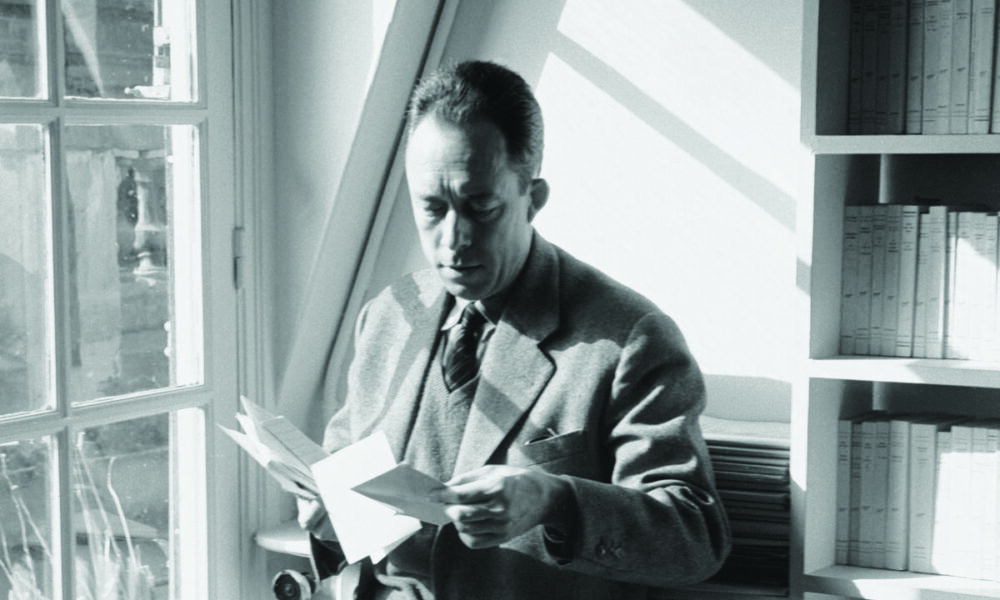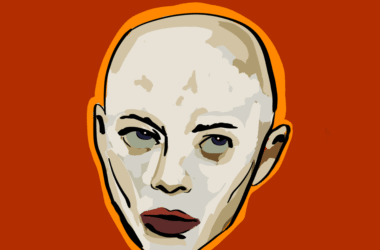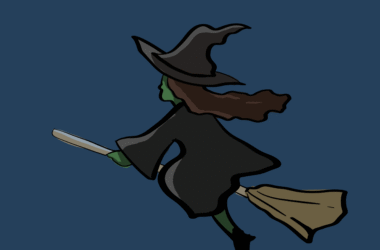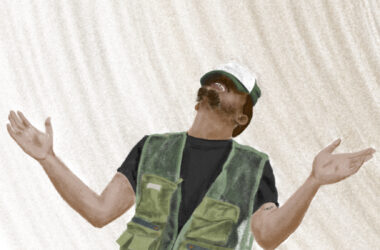Albert Camus’ 1947 novel The Plague masterfully portrays the death and suffering that a fictional bubonic plague brings to the people of Oran, an Algerian city under French colonial rule. The events take place over many months, with protagonist Dr. Rieux working to both physically and psychologically help others suffering from the plague. The novel has undergone a resurgence in popularity since the start of the COVID-19 pandemic, perhaps as it appropriately captures much of the public’s response to the pandemic over the past two years. Indeed, the novel’s emphasis on human resilience and the value of life are especially relevant in today’s social climate.
Since the pandemic began, the global death toll has surpassed 6 million.
Much in the same way that we have watched the steadily rising figures released by the government, many people in Camus’ novel attach great significance to their government’s weekly release of health statistics. Though many newspapers have struggled to raise revenue, especially those that still print paper copies, general trust in the news has increased since 2020. Reports and information have clearly taken on a heightened importance, which reflects not only the pertinence of the time period, but also the significance we attach to the subject of the news itself—tragedy.
Outside of exploring the value of life, The Plague also focusses on Dr. Rieux, who grapples with the chaos of his situation. It is the human condition—namely, the desire for meaning in a meaningless world—that drives the oft-ineffectual fight against that which we cannot make sense of. For example, Rieux works day-in and day-out at quarantine facilities providing care, but most of the time his work is futile. Most people die from the sickness. Rieux, in sum, finds that “Weariness is a kind of madness. And there are times when the only feeling that I have is one of mad revolt.” Rieux’s exhaustion from fighting against the seemingly inexplicable is apt when reflecting upon both the pandemic’s early days, characterized by confusion and a global lack of knowledge, as well as its tiring, two-years-this-month perpetuation. As a beacon of hope, Camus’ plague eventually recedes after mass vaccination campaigns, however.
Recently, Camus’ call to action and firm adherence to moral principles have been observed in contemporary movements. Though one fifth of health-care workers in the U.S. have left their jobs due to unsafe working conditions, many more stayed and tried to provide care to those who need it. To rectify these conditions, some nurses and workers have gone on strike and demanded more resources and staff necessary to properly handle cases. Across Europe, including places like France, health-care workers have done the same. The challenges of the pandemic have brought notice and resistance to the seemingly absurd conditions people have been living in, and Camus’ rebel has, in a sense, resembled aspects of those essential workers who, like Rieux, try to do the best they can with what they have been given.
Art often reflects reality, but for Camus’ novel, life almost seems to be imitating the book. In particular, Camus’ concludes that “in time[s] of pestilence […] there are more things to admire in men than to despise” and that humans should “go forward, groping our way through the darkness […] and try to do what good lay[s] in our power.” Society has responded in a similar way to Camus’s predictions: With the media’s continuous despondency, the resilience of essential workers, and most importantly everyday citizens’ searches for meaning in a hostile world.
Rieux remarks that he shall “refuse to love a scheme of things in which children are put to torture,” and it is against the world that Rieux tries to realize his purpose as a doctor. Likewise, when we have been confronted with the suffering brought on by the pandemic, we have tried to fight against it to preserve the things we love. In Camus’ fiction, the plague slowly ends thanks to the diligence and realism of those who oppose its violence. Perhaps leaning into the same message, in addition to greater support for our health-care system and vaccine outreach, can help get us through COVID-19.







